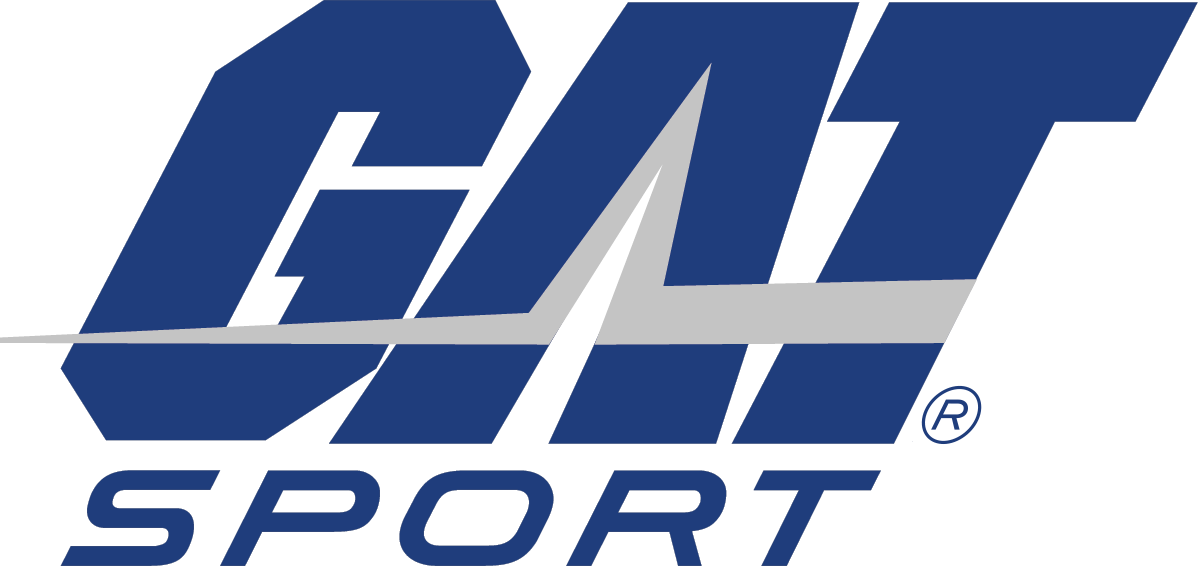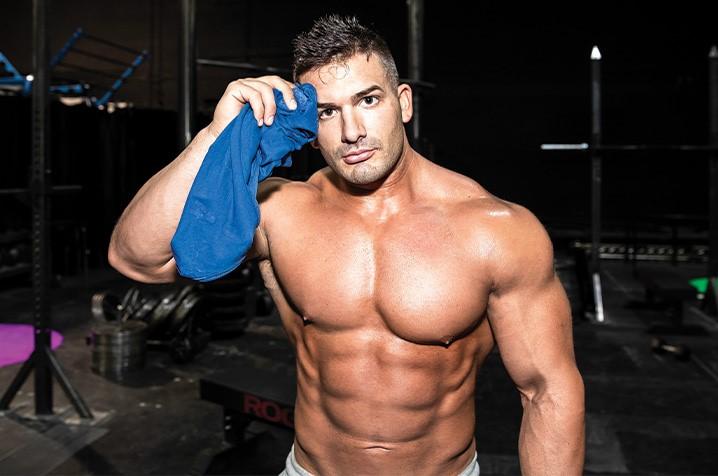How to be a Successful Bodybuilder on the Keto Diet

Making the leap to become a keto bodybuilder? That’s an interesting change of regimen. You’re somewhat an early adopter. Right now, Keto lifters are few and far between.
Most people don’t associate bodybuilding and keto, since the two seem like can’t coexist in a regimen. Successful bodybuilders can and do follow keto diets. Here’s more info, so you can get started:
Keto is short for ketogenic. A ketogenic diet is a super-simple low-carb, high-fat diet. You reduce your carb intake by replacing carbs with healthy fat. That induces a beneficial metabolic state called ketosis.
Successful bodybuilders embrace the keto diet because all they need to do is follow these five easy rules for success:
Train Harder, but smarter!
To get big and get the gains you’re looking for, you have to work hard and challenge yourself. Since you’ll be on a ketogenic diet, expect that your training will be harder than normal. Don’t give up! You can do it, if you simply put your mind to it.
When you’re struggling, keep yourself going by reducing your reps to 3-5 reps. Then, try increasing your sets and breaks. Watch your progress, and adapt accordingly. Train harder, but smarter.
Sometimes, an extra boost while you’re working out in ketosis can be very welcome. In that case, we suggest trying the PMP™ Stim-Free pre-workout supplement from GAT Sport. If you’re unsure about adding a pre-workout to your regimen, read Why You Should Consider Taking a Pre-Workout.
Eat Enough Protein
Protein molecules help build and repair tissues, and are important building blocks of bones, muscles, cartilage, skin, and blood. They make enzymes, hormones, and other essential chemicals for the body.
By eating an optimal amount of protein, you’re helping your body stay healthy and function properly. And, you’re helping your body build bigger, stronger muscles — getting the gains you’re working for!
The ideal amount of protein to eat every day depends on your weight and your activity level. For the average person, eat 1.6 to 2.2 grams of protein per kilogram of body weight. However, if you work out every day, then base your calculation on 2.2 to 3.4 grams of protein per kilogram of body weight. You’ll see that’s a decent amount of protein you need to eat!
If you’re struggling to get enough protein into your body, read 8 Ways to Add More Protein-Rich Foods into Your Meal Plan for some advice.
We’ve even thought about your sweet tooth. Enjoy these easy-to-make Guilt-Free Protein Powder Brownie Bites!
Eat Enough Calories
If you’re looking to get big as a keto lifter, don’t skimp on the calories! You still need enough calories to fuel your body, especially during your workouts!
Again, very simple: Eat enough protein to increase muscle protein synthesis, restrict carbohydrates to improve the body’s ability to burn fat, and lift weights to stimulate muscle growth.
To increase your bodyweight by 0.5 to 1 pound a wee: your goal should be to eat a daily calorie surplus from fat, of 250-500 a day. Start adding these calories from fat to your diet, and watch your body get those gains.
Optimize Your Hormones
How? Optimizing your hormones are making sure they’re in balance. The best way to balance your hormones while you’re on a keto diet is to eat enough protein, train hard, meditate to keep your stress level under control, get the right amount of sleep to help your body recover from training, and follow a set schedule for working out, sleeping, and meditation! (Overall a simple plan, but there is some detail in the setup. Once you get your program set up, you’ll start to experience the benefits!)
Drink Water
It’s important for health to drink ample water. And it’s imperative to drink enough water when you’re training hard and trying to get your body into ketosis.
For the first few days on your keto diet, it’s recommended to drink an additional 16-20 ounces of water for every pound of water weight that you lose.
As a baseline, or starting point:
- Women should be drinking at least 2.7 liters of water.
- Men should be drinking at least 3.7 liters of water.
That’s it! Do these five things while you’re on a keto diet, and you’re on your way to becoming a successful ketogenic lifter.
Paleo vs Keto Diet: What’s the Difference for Bodybuilders?
When comparing the paleo and keto diets, both are low-carb approaches, but they differ significantly in their focus and impact on bodybuilding. The paleo diet emphasizes whole, unprocessed foods, allowing more natural carbohydrates like fruits, vegetables, and tubers, while avoiding grains and dairy. This makes it a good option for those who want moderate carb intake to fuel their workouts. The keto diet, on the other hand, focuses on achieving ketosis by drastically reducing carbs and increasing healthy fats, making it ideal for bodybuilders looking to burn fat for fuel and build lean muscle mass. Depending on your goals—whether it’s fat loss or sustained energy—either diet can be tailored to fit your bodybuilding routine.
Expanding Your Keto Diet: High-Calorie and Nutrient-Dense Foods
When following a ketogenic diet for bodybuilding, it's essential to diversify your food choices to ensure you're meeting your nutritional needs, especially in terms of calories, healthy fats, and protein sources. Below, we've highlighted some high-calorie keto foods, explored options like yogurt and guacamole, and provided insights on ketobiotic foods that can further support your keto bodybuilding journey.
High-Calorie Keto Foods
To maximize your gains on a ketogenic diet, focusing on high-calorie keto foods is crucial. These foods not only help you meet your daily calorie requirements but also provide the necessary fats and nutrients your body needs to build muscle. Some excellent high-calorie options include nuts, seeds, cheese, fatty fish, and avocados. Incorporating these into your meals can ensure that you maintain a calorie surplus, supporting muscle growth and recovery. Remember, the goal is to fuel your workouts and overall muscle-building process effectively.
Yogurt in Keto Diet
Including yogurt in your ketogenic diet can be beneficial, but it's essential to choose the right type. Opt for full-fat, unsweetened Greek yogurt or other low-carb, high-fat yogurts that align with keto principles. Yogurt is a versatile option that can serve as a protein-rich snack, a base for smoothies, or even a component of savory dishes. It not only supports muscle repair with its protein content but also provides probiotics that can aid digestion, making it a valuable addition to your keto bodybuilding regimen.
Is Guacamole Ketogenic?
Guacamole is a perfect ketogenic food, rich in healthy fats and low in carbs, making it an excellent addition to your diet. Avocados, the main ingredient in guacamole, provide monounsaturated fats that are great for heart health and help maintain energy levels during intense workouts. Adding guacamole to your meals can boost your fat intake, enhance the flavor of your dishes, and keep your diet varied and enjoyable. It pairs well with many keto-friendly foods, such as eggs, meats, and low-carb vegetables.
Ketobiotic Food List
For those looking to optimize their gut health while on a ketogenic diet, exploring a ketobiotic foods list can be highly beneficial. Ketobiotic foods combine the principles of keto with a focus on gut-friendly ingredients that support digestion and overall wellness. Foods like kimchi, sauerkraut, pickles, and other fermented items can be great additions. These foods not only help maintain a healthy gut microbiome but also align with the low-carb, high-fat requirements of a ketogenic diet. Incorporating ketobiotic foods ensures that your body functions optimally, aiding in recovery and performance during your bodybuilding journey.


